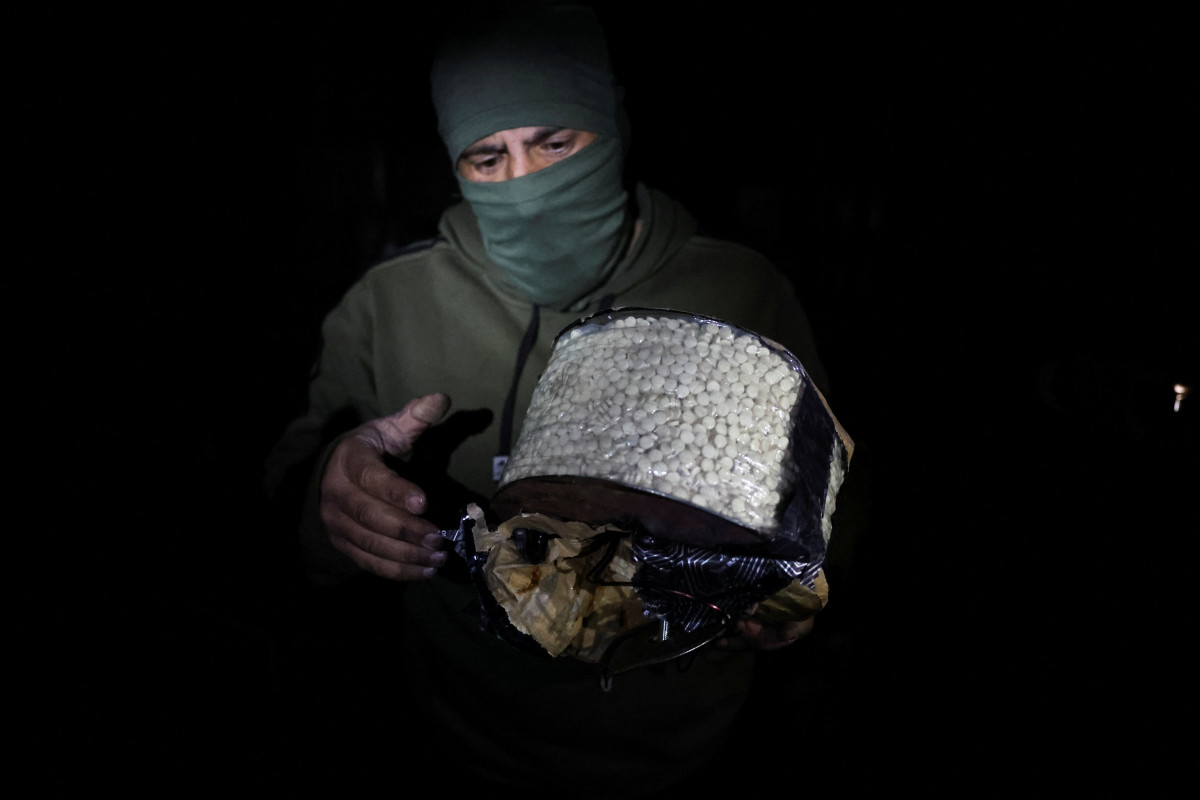These days, with the collapse of Bashar Assad’s regime, Syria’s huge drug industry has been exposed. Rebels from Hayat Tahrir al-Sham (HTS) have discovered huge laboratories for smuggling the drug heptagon, which has become the main source of income for the Syrian regime.
In military bases and warehouses around Damascus, huge laboratories for smuggling the dangerous drug were exposed. The rebels’ searches revealed huge quantities of captagon hidden inside electrical components and voltage stabilizers, ready to be smuggled out of the country. Behind the ongoing trade is Maher Assad, Bashar Assad’s brother, along with close regime figures.
The captagon trade has become Syria’s main source of income, with the volume of drug smuggling exceeding all of the country’s legal exports. The drug flooded the Gulf countries, and was actually used as a tool of political pressure by the Syrian regime, with the aim of bringing Syria back into the circle of Arab countries.
The rebels, who encountered the huge quantities of the drug, made it clear that they intend to destroy the destructive drug industry. “These are poison products,” they said, while emphasizing the enormous damage the drug causes to the population and society in the Middle East.
In a video released on social media, Syrian rebels are seen after a raid on what appears to be a huge drug manufacturing laboratory. The rebels recorded what was revealed to them in anger: “A bunch of pigs, these are all poison products, these are hallucinogenic pills that are also made from us.”
The drug captagon, one of the most well-known stimulant drugs in the world, carries with it a complex history and profound effects on health, society and politics. Initially developed for medicinal uses, the drug became a symbol of illegal activity, trafficking, and addiction, mainly in the Middle East. Since its first production in 1961 by the German pharmaceutical company Degussa, it has gone through a destructive path: from a medicinal substance for the treatment of ADHD and narcolepsy, to a dangerous drug with catastrophic consequences.
Pentyline, the active ingredient in Captagon, was introduced as a milder alternative to amphetamines, but over the years has become an illegal drug due to serious side effects and high addiction potential. Already in the 1970s and 1980s, captagon became popular in the circles of artists and athletes in France, until it was completely banned in 1993 due to its health risks. Today, the drug is at the heart of large-scale illegal activity, mainly in the Middle East, and plays a significant role in trafficking and terrorism.
